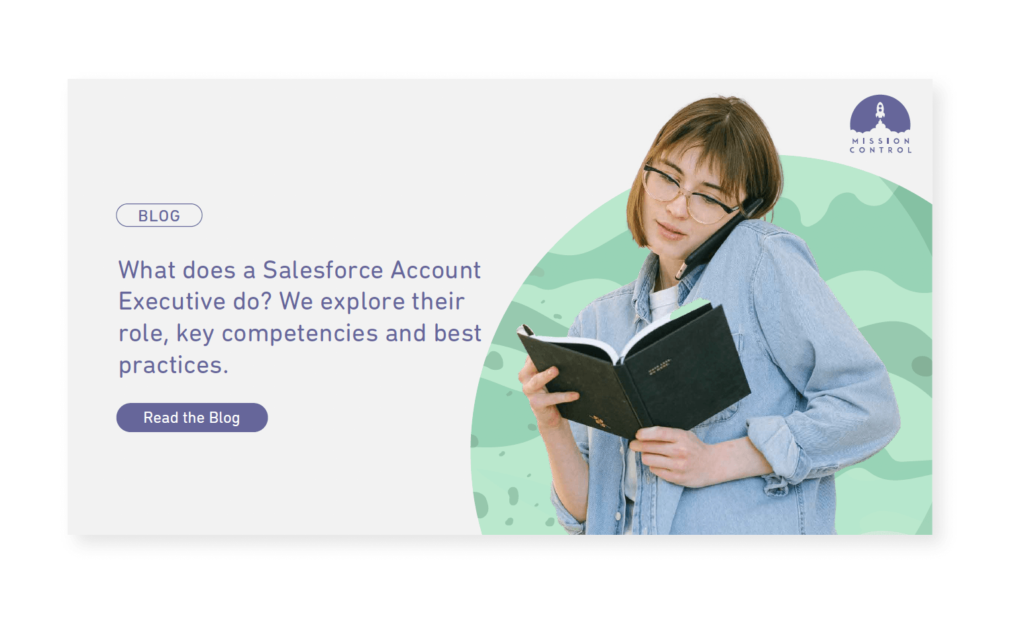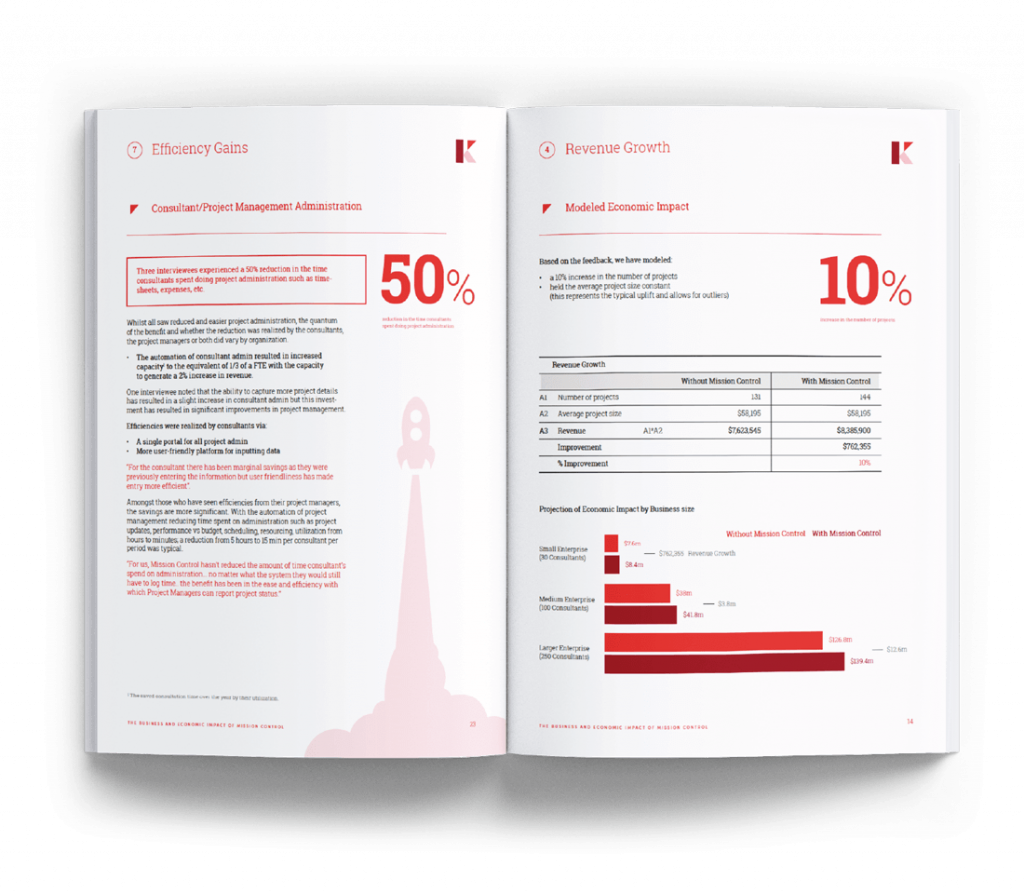A Salesforce Account Executive plays a crucial role in the sales and business development process for Salesforce, a leading customer relationship management (CRM) platform. In this role, professionals are responsible for managing and growing relationships with clients, understanding their business needs, and positioning Salesforce solutions to address those needs effectively. This multifaceted role involves a combination of sales, strategic thinking, relationship-building, and technical knowledge.
I. Introduction to Salesforce and CRM:
Salesforce is a cloud-based CRM platform that helps organizations manage their customer relationships, streamline processes, and drive business growth. CRM systems like Salesforce enable companies to organize and analyze customer data, automate sales processes, and improve overall customer satisfaction.
II. Overview of a Salesforce Account Executive’s Role:
1. Sales Strategy:
A Salesforce Account Executive is responsible for developing and implementing effective sales strategies. This involves understanding the client’s business model, industry challenges, and competitive landscape. The executive must align Salesforce solutions with the client’s strategic objectives and demonstrate the value proposition of adopting Salesforce.
2. Relationship Management:
Building and maintaining strong relationships with clients is a core aspect of the role. This involves regular communication, understanding the client’s evolving needs, and ensuring customer satisfaction. Account Executives strive to become trusted advisors to their clients, helping them navigate the complexities of CRM implementation and optimization.
3. Solution Positioning:
Salesforce offers a range of products and solutions, and the Account Executive must be well-versed in understanding and presenting these offerings. They need to articulate how Salesforce products can address specific business challenges and deliver tangible benefits. This requires a deep understanding of the Salesforce platform and the ability to tailor solutions to meet individual client needs.
4. Collaboration with Sales Teams:
Salesforce Account Executives often collaborate with other sales professionals, including account managers, solution engineers, and product specialists. Effective teamwork is essential to delivering comprehensive solutions and addressing all aspects of a client’s needs. This collaborative approach ensures that the Salesforce platform is integrated seamlessly into the client’s business processes.
III. Key Responsibilities:
1. Client Discovery:
Account Executives engage in a comprehensive discovery process to understand the client’s business, challenges, goals, and pain points. This involves conducting interviews, analyzing data, and collaborating with the client to identify areas where Salesforce solutions can make a positive impact.
2. Needs Assessment:
After understanding the client’s business, the Account Executive assesses their specific needs. This involves determining which Salesforce products and features align with the client’s objectives. The executive may also identify opportunities for upselling or cross-selling additional Salesforce services.
3. Customization and Tailoring:
Salesforce is a highly customizable platform, and Account Executives work with clients to tailor solutions to their unique requirements. This may involve configuring Salesforce applications, integrating third-party tools, and developing custom functionalities to ensure the CRM aligns perfectly with the client’s business processes.
4. Solution Demonstration:
To illustrate the value of Salesforce solutions, Account Executives conduct product demonstrations. These demonstrations showcase how the platform addresses specific business challenges and improves efficiency. Executives must be adept at translating technical features into tangible business benefits during these presentations.
5. Proposal Development:
Once the client’s needs are thoroughly understood, the Account Executive develops proposals that outline the recommended Salesforce solutions, including pricing, implementation timelines, and expected outcomes. These proposals serve as a roadmap for the client to understand the scope and value of the proposed CRM implementation.
6. Contract Negotiation:
Negotiating contracts is a critical aspect of the role. Account Executives work with clients to finalize contractual agreements that define the terms of the Salesforce implementation. This includes pricing structures, service-level agreements (SLAs), and any other relevant terms and conditions.
7. Sales Forecasting:
Account Executives contribute to sales forecasting by providing accurate and timely information about potential deals in the pipeline. This information helps sales leaders make informed decisions about resource allocation, goal setting, and overall sales strategy.
8. Post-Sale Support:
The relationship between the Account Executive and the client doesn’t end after the sale is closed. Executives provide ongoing support to ensure successful implementation and adoption of Salesforce solutions. This may involve collaborating with implementation teams, addressing client concerns, and ensuring a smooth transition to the Salesforce platform.
9. Continuous Learning:
Given the dynamic nature of the technology industry, Account Executives must stay updated on the latest Salesforce features, industry trends, and competitive landscape. Continuous learning is essential to providing clients with cutting-edge solutions and maintaining a competitive advantage in the market.
IV. Skills and Qualities of a Successful Salesforce Account Executive:
1. Sales Acumen:
Successful Account Executives possess strong sales skills, including the ability to identify opportunities, build relationships, and close deals. They understand the sales process and can navigate complex negotiations with clients.
2. Technical Proficiency:
A solid understanding of the Salesforce platform is crucial. While Account Executives may not be developers, they should have a technical aptitude to understand the capabilities of the platform and effectively communicate them to clients.
3. Communication Skills:
Effective communication is paramount. Account Executives must convey complex technical information in a clear and understandable manner. This includes written communication in proposals and verbal communication in client meetings and presentations.
4. Strategic Thinking:
Account Executives need to think strategically about how Salesforce solutions can address broader business objectives. This requires a deep understanding of the client’s industry, challenges, and long-term goals.
5. Problem-Solving:
Clients often approach Salesforce with specific challenges, and Account Executives must be adept at identifying and solving these problems. This involves creative thinking and the ability to propose innovative solutions using Salesforce capabilities.
6. Customer Focus:
A customer-centric mindset is essential. Successful Account Executives prioritize the needs and satisfaction of their clients, striving to build long-term relationships rather than focusing solely on short-term sales goals.
7. Team Collaboration:
Given the collaborative nature of Salesforce implementations, Account Executives must work effectively with internal teams, including solution engineers, product specialists, and project managers. Teamwork ensures that the proposed solutions align with both client needs and technical feasibility.
8. Adaptability:
The technology landscape evolves rapidly, and Account Executives must be adaptable to stay ahead of industry trends and changing client needs. This includes adapting sales strategies, understanding new Salesforce features, and navigating shifts in the competitive landscape.
V. Challenges Faced by Salesforce Account Executives:
1. Complexity of Solutions:
Salesforce offers a wide range of products and features, and tailoring solutions to meet specific client needs can be complex. Account Executives must navigate this complexity to provide effective recommendations.
2. Long Sales Cycles:
Implementing a CRM system is a significant undertaking for any organization, and sales cycles can be lengthy. Account Executives must manage expectations, provide ongoing support, and navigate the challenges that may arise during the decision-making process.
3. Competitive Landscape:
The CRM market is competitive, with several vendors offering similar solutions. Account Executives must differentiate Salesforce from competitors and clearly articulate its unique value proposition.
4. Balancing Client Needs and Technical Realities:
While it’s crucial to meet client needs, Account Executives must also balance these requirements with the technical realities of the Salesforce platform. This requires effective communication with both clients and internal technical teams.
VI. Conclusion:
In conclusion, the role of a Salesforce Account Executive is multifaceted, demanding a unique combination of sales acumen, technical proficiency, and strategic thinking. These professionals serve as the bridge between clients and the powerful capabilities of the Salesforce platform, helping organizations leverage CRM technology to achieve their business objectives. The success of a Salesforce Account Executive is not only measured in sales figures but in the long-term success and satisfaction of clients who benefit from the innovative solutions they help implement. As technology continues to evolve, the role of Salesforce Account Executives will remain pivotal in driving the adoption of CRM solutions and supporting businesses in their quest for growth and excellence.
Mission Control is a native Salesforce PSA solution. We work with hundreds of Salesforce AEs (Account Executives) across the globe on thousands of different client projects. Typically Salesforce Account Executives refer us PSA, project management or resource management enquiries and then we support Salesforce through the deal cycle in either presenting within Salesforce or on co-sell with a prospect. If you’re a Salesforce Account Executive you can explore our Salesforce Toolkit, or if you are a Salesforce or Mission Control prospect take a closer look at our platform through our demo request form.





